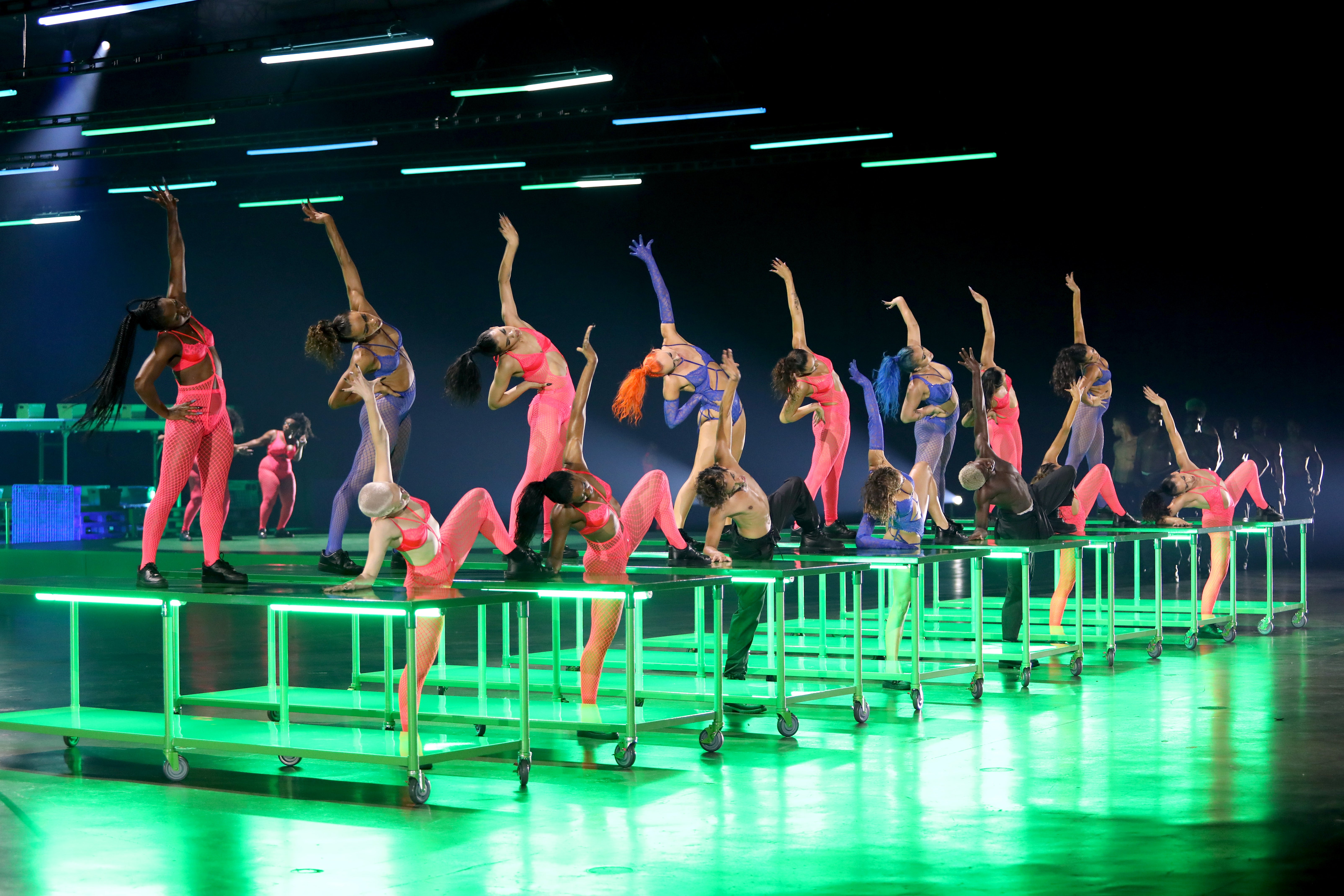Rihanna accused of cultural appropriation over song used for Savage x Fenty show
Singer facing backlash after including song containing Islamic hadith

Rihanna has been criticised for using an Islamic hadith in her Savage x Fenty fashion show.
The singer’s annual lingerie show was released on Amazon Prime on Friday and featured a stellar lineup of models, including Bella Hadid and Irina Shayk. The singer Lizzo also starred in the show.
However, while Rihanna has been praised for casting a range of body types and ethnicities, she has come under fire for using a track that contains sacred Islamic phrases in the show.
Hadiths are traditional Muslim phrases from the Prophet Muhammed that are used as guidance for those of the Islamic faith.
The track featured in the Savage x Fenty soundtrack is called “Doom” by London-based producer Coucou Chloe.
It uses vocal samples from verses of Hadith that have been sped up with dance music and mixed to a beat.
Many Twitter users have criticised the singer for including the track in her show.
“Rihanna is messed up for using a song with a Hadith in it to play at her LINGERIE show,” one person wrote. “What is up with artists using Islam as an aesthetic?? Have some respect.”
Another added: “As a Muslim, no words can describe how disappointed I am with Rihanna for letting her models dance to hadith.”
Others labelled the singer’s use of the song as an example of cultural appropration.
Rihanna has not commented on the criticism.
It’s not the first time the singer has faced accusations of cultural appropriation.
In July last year, the fashion mogul was criticised for her August 2019 cover of Harper’s Bazaar China, on which she can be seen wearing a vibrant blue gown that features pleated, billowing sleeves and a bright red sash tied at her waist.
Rihanna’s beauty look is equally as elaborate with her hair fashioned to emulate traditional Chinese styles, her brows blocked with a flash of red at the front and her lips painted in red just at the centre.
Harper's Bazaar China also shared a series of images from the photo shoot on its own Instagram account, where it revealed that the idea behind the cover was to show how a “Western style icon meets Eastern aesthetic”.
Despite the magazine sharing its intentions behind the images, many people on social media accused the publication and singer of cultural appropriation.
The Independent has contacted representatives for Rihanna for comment.
Join our commenting forum
Join thought-provoking conversations, follow other Independent readers and see their replies
Comments
Bookmark popover
Removed from bookmarks